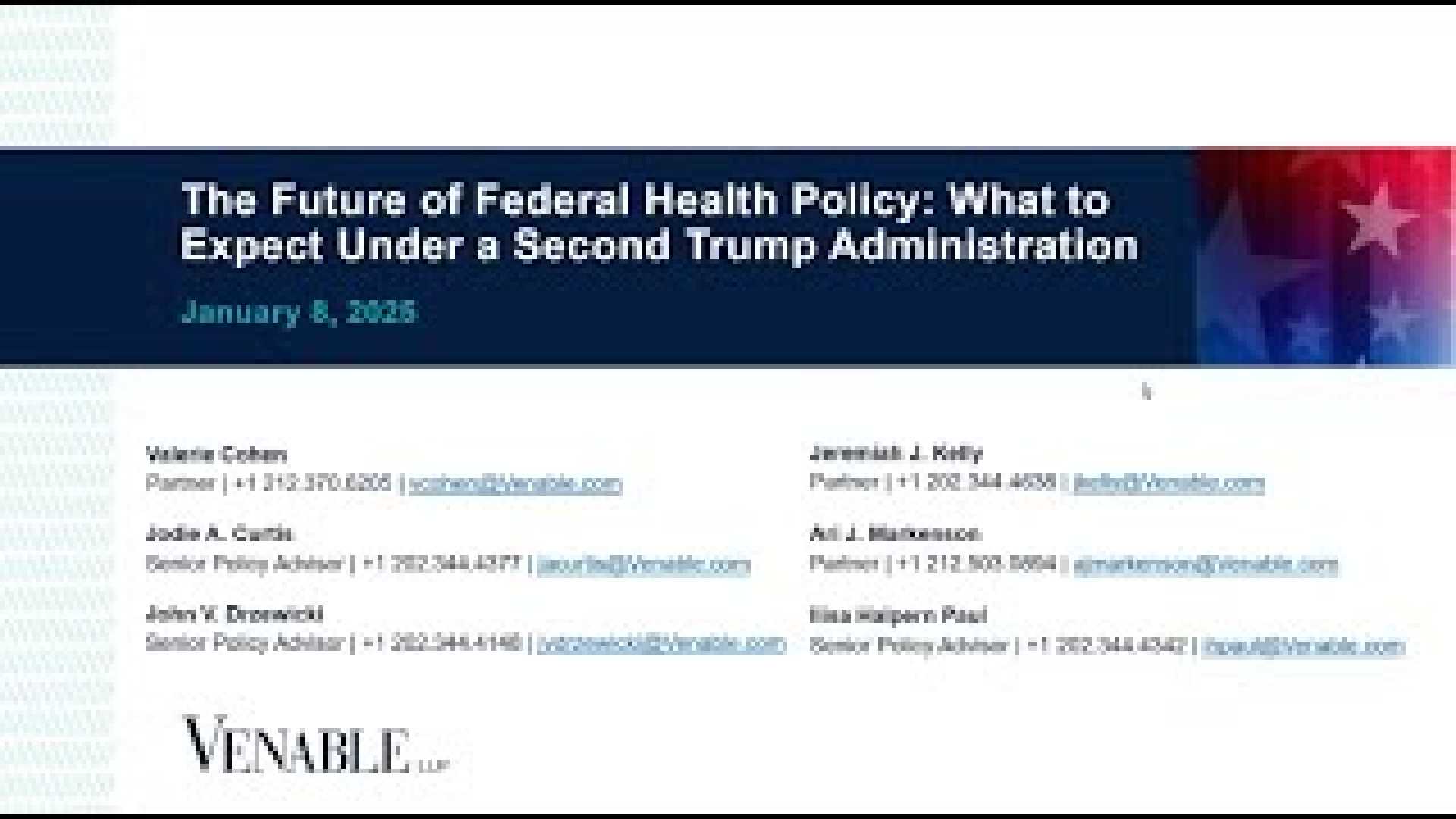Health
Trump Administration to Unveil Health Strategy Amid Concerns

WASHINGTON, D.C. — The Trump administration is gearing up to unveil its latest health strategy under the “Make America Healthy Again” initiative, with plans to submit its report to the White House on August 12, 2025. Health and Human Services Secretary Robert F. Kennedy Jr. leads the MAHA Commission, which aims to address the growing health crisis among American children.
Three sources familiar with the matter indicate that Americans will have to wait a few weeks after the report’s submission for its public release due to scheduling conflicts. White House spokesman Kush Desai confirmed the timeline, stating that officials are coordinating the schedules of the President and cabinet members involved in the Commission.
The first MAHA report, released in May, highlighted the role of ultraprocessed foods, pharmaceutical prescriptions, and environmental toxins in escalating childhood chronic diseases in the U.S. The upcoming report is expected to introduce strategies to mitigate these issues, potentially involving the cessation of federal practices that worsen health crises.
In light of the initial report’s findings, public health experts and MAHA supporters are closely watching to see how far the recommendations will go. There is particular concern among farmers regarding evidence linking pesticides to various health problems. The American Farm Bureau Federation dismissed these claims as “unproven theories,” cautioning against undermining public confidence in the food supply.
Federal officials, including those from the Environmental Protection Agency (EPA), sought to reassure farmers by stating their commitment to existing regulatory frameworks during a recent conference. However, the ongoing debate about ultraprocessed foods continues, with Kennedy advocating for major food companies to eliminate artificial additives.
During a briefing earlier this month, Jim Krieger, director of Healthy Food America, voiced skepticism about whether the MAHA Commission would implement necessary regulatory changes. He expressed concerns over the effectiveness of voluntary agreements in transforming the food system to promote healthier eating.
As anticipation builds around the MAHA recommendations, many are left wondering if the administration will enact policies to truly reform dietary practices and combat environmental toxins affecting public health.












